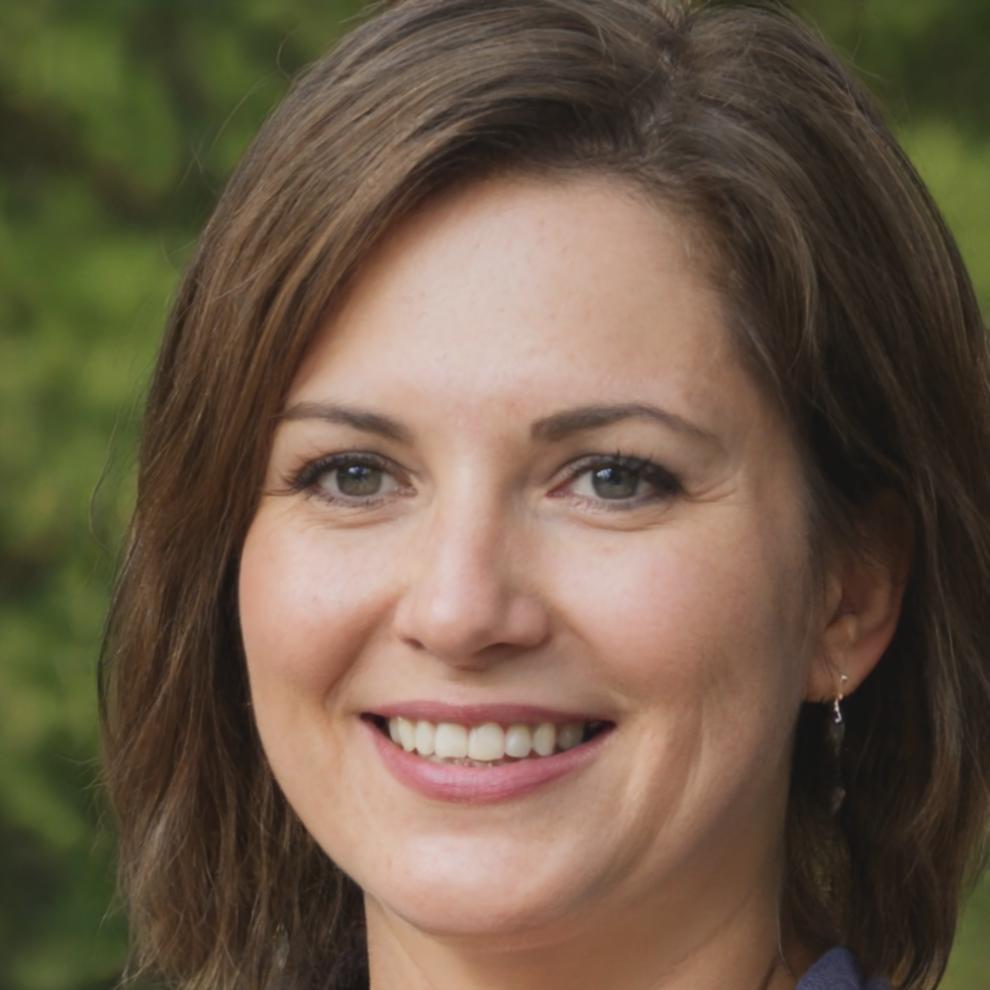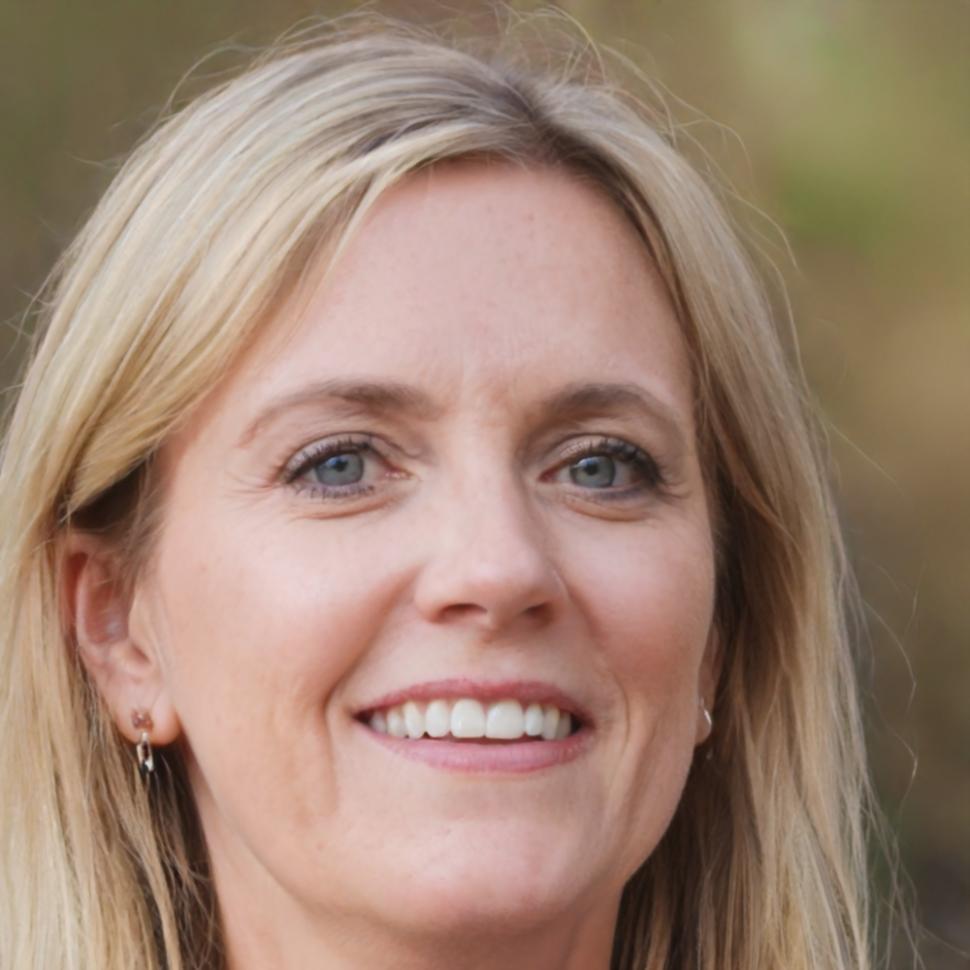Build Real Financial Skills That Actually Work
Most people don't fail at money because they're bad with numbers. They fail because nobody ever showed them how income actually works. Our programs start September 2025, giving you time to get your head around the commitment. This isn't a quick fix—it's proper training for people who want genuine results.
Get Program DetailsThree Pathways, One Goal
Income Foundations
Six months focusing on how money moves through your life. You'll track every dollar, spot the leaks, and build systems that make sense. We cover salary negotiation, side income structures, and tax basics that Australians actually need to know. Starts March 2026.
Growth Strategies
Nine months digging into how high earners think differently about income. Multiple revenue streams, business structures, investment fundamentals. This one's dense—expect homework and real application. Limited to 15 participants per cohort. Opens for enrolment October 2025.
Advanced Planning
Twelve months working on complex financial architecture. Asset protection, advanced tax planning, wealth transfer. You need solid financial footing before starting this one. We're selective about who joins. Applications reviewed quarterly throughout 2025-2026.



Learn From People Who've Been There
Our teaching team includes Katrina Elmquist, who spent fifteen years fixing broken business finances before switching to education. Then there's Bjorn Tiravanti, who rebuilt his income three times after major life disruptions—he knows what doesn't work as well as what does.
Leonie Strachan joined us in 2023 after running her own accounting practice in Sydney's north. She got tired of seeing the same preventable mistakes and decided teaching made more sense than just fixing problems after they happened.
Nobody here claims to be a guru. We're educators who understand Australian financial realities and can explain complex topics without the jargon overload. You'll get straight answers, not sales pitches.
How the Learning Actually Works
Weekly Sessions
Two hours every Thursday evening, starting at 7pm AEST. We cover new concepts, work through examples, and address questions from previous week's assignments. Miss a session? Recordings available within 24 hours, but live attendance matters for group discussions.
Applied Assignments
You'll work with your own financial situation—no made-up scenarios. Assignments take 3-5 hours weekly and include real calculations, strategy development, and written analysis. Feedback comes within five business days, sometimes with follow-up questions if we spot issues.
Monthly Reviews
First Saturday of each month, we run extended sessions reviewing progress and adjusting strategies. These often go long because participants share what's working and what isn't. The group knowledge that builds up becomes incredibly valuable.
Ongoing Support
Access to course materials remains active for eighteen months after completion. Alumni community stays open permanently. We run quarterly update sessions covering tax changes and new strategies—these are optional but most graduates keep showing up.
What You'll Actually Walk Away With
These programs focus on building capabilities you'll use for years, not collecting certificates that sound impressive but mean nothing.
- Clear understanding of how income flows work in the Australian system, including tax implications most people miss until it's too late
- Practical frameworks for evaluating income opportunities—knowing which ones make mathematical sense and which just sound good
- Skills to build multiple income streams without overextending yourself or creating tax nightmares down the track
- Confidence to have proper conversations with accountants, financial planners, and other professionals without feeling lost
- Working knowledge of structures—trusts, companies, sole trader setups—and when each one actually makes sense for your situation
- Real strategies that account for your current position, not generic advice that assumes everyone starts from the same place

Is This Right For You?
You're Ready If
You can commit 5-7 hours weekly for the program duration. You're willing to share financial details (kept confidential) for proper feedback. You want to understand the 'why' behind strategies, not just follow steps. You're prepared to implement what you learn, even when it's uncomfortable.
This Won't Fit If
You're looking for get-rich-quick schemes or passive income fairy tales. You want someone else to manage everything while you don't engage. You're not willing to examine your current financial habits honestly. You need results next month—building solid foundations takes time.
Starting Your Application
We review applications individually. Send us your current situation and goals through our contact form. We'll schedule a 30-minute discussion to see if the program matches what you need. No pressure tactics—if it's not right, we'll tell you.

The Reality of Learning Financial Skills
Here's what former participants tell us: the first month feels overwhelming. There's new terminology, concepts that contradict what you thought you knew, and homework that makes you question your existing setup.
Around week six, things start clicking. Not because it suddenly gets easier, but because you've built enough context that new information lands differently. By month three, you're spotting opportunities and problems you wouldn't have noticed before.
The full impact shows up six to twelve months after finishing. That's when people report they've restructured their income, negotiated better arrangements, or avoided expensive mistakes they would have walked straight into previously. It's not magic—it's applied knowledge compounding over time.